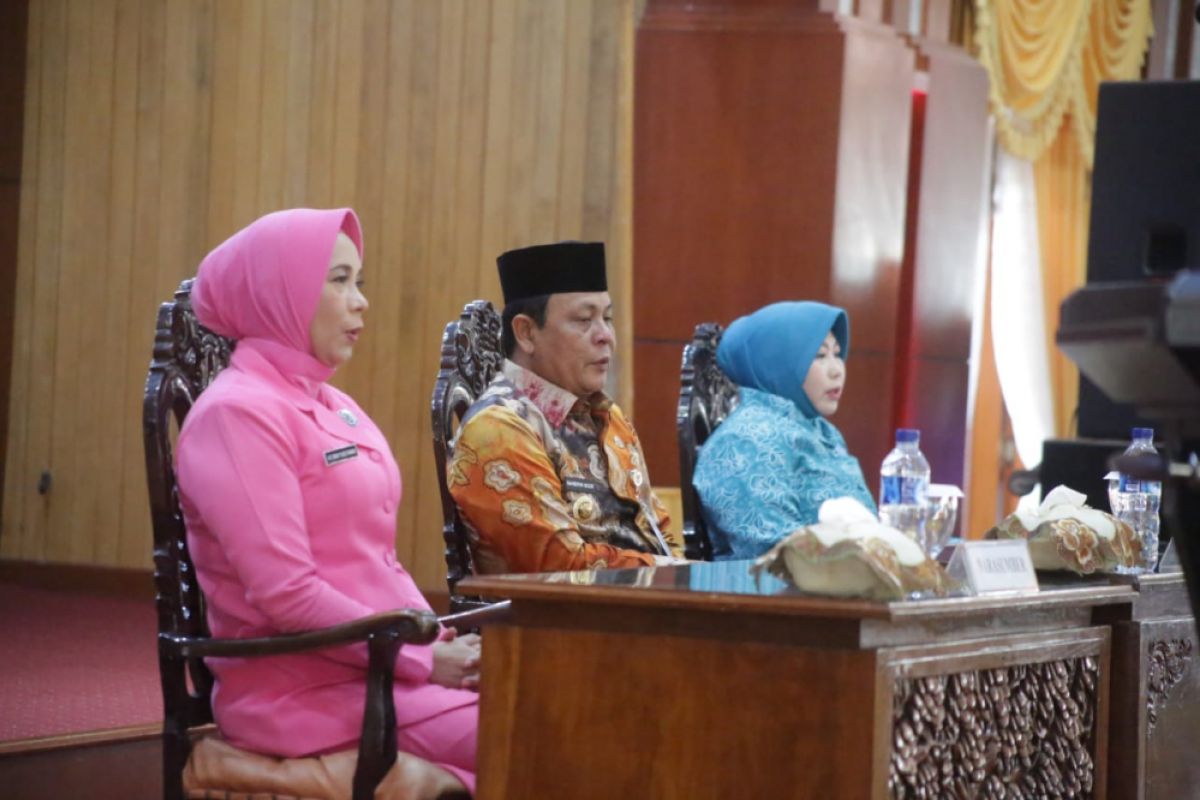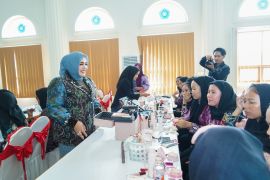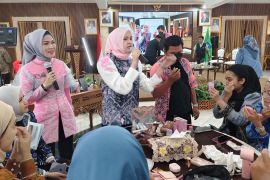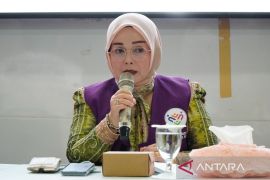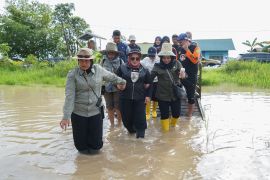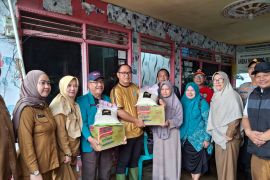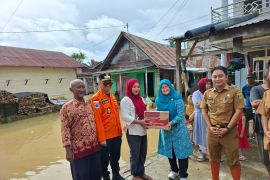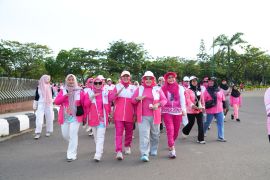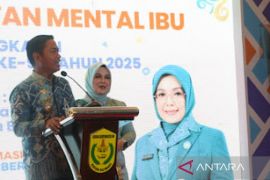Banjarmasin, S Kalimantan (Antaranews Kalsel) - South Kalimantan Governor Sahbirin Noor said Family Welfare Movement (TP-PKK) is able to become a driving force for community empowerment.
Governor was speaking related to his appeal to all related parties, including TP PKK, to help developing local feature products to improve people's welfare.
Sahbirin Noor in Banjarmasin said Monday that South Kalimantan is not only rich in natural resources, but also rich in a variety of products. Each district and city has feature products, such as culinary, handicrafts, as well as various products and another potential.
"South Kalimantan has a variety of products spread across 13 districts and cities, such as apam cakes in Barabai, dodol and ketupat in Kandangan, gemstones in Martapura, sasirangan fabrics, and various other products," he said.
These products, he said, are now developing quite well, but still, need the attention of all relevant parties to continue to improve their quality, so they can compete with other regional products.
According to him, the government seeks to embrace all relevant parties, provide training, and make product innovations. One of them is by inviting TP PKK cadres, especially in increasing women's empowerment, both in the health sector, skills, MSMEs and others.
Previously, the South Kalimantan TP PKK Chairwoman Raudatul Jannah Sahbirin Noor said that the organization continued to strive to improve the family's economy through various training programs, which routinely carried out.
"In the future we must place the community as the subject of development, meaning that they are directly involved in development, not just beneficiaries," she said.
According to Raudatul, PKK with 10 main programs has a correlation with community empowerment. She hopes that through community empowerment training PKK cadres will become more intelligent, so they can empower the community that starts from the family.


